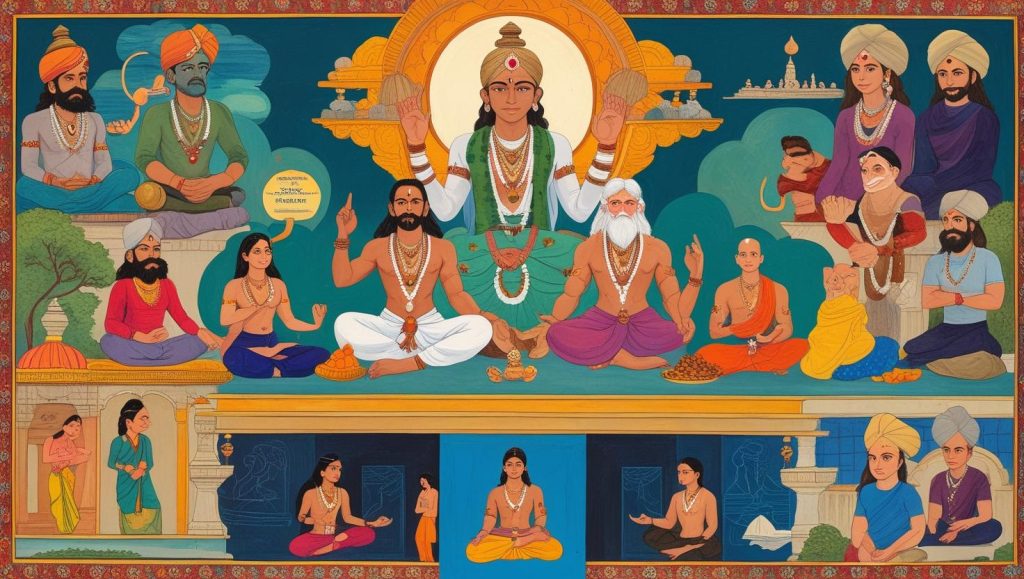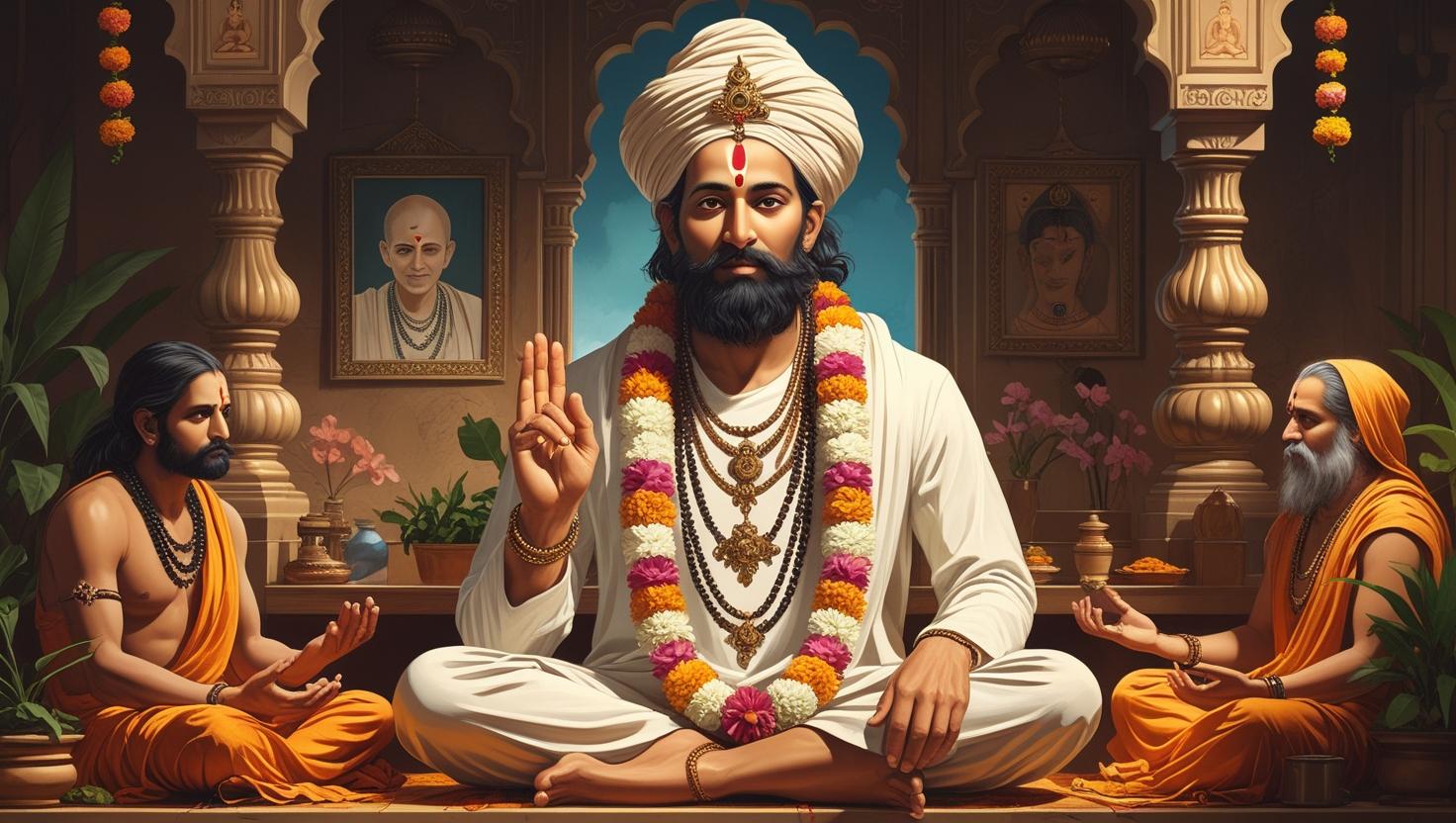n an era where stress, conflict, and materialism dominate human life, the timeless wisdom of spiritual leaders becomes a guiding light. Bhagwan Sambhavnath, revered as the third Tirthankar of Jainism, taught a philosophy based on Ahimsa (non-violence), Satya (truth), and Karuna (compassion). His teachings, though rooted in ancient times, offer practical solutions for many modern challenges, from personal stress to global issues of violence and inequality.
Core Philosophies of Sambhavnath Bhagwan and Their Modern Relevance
1. Ahimsa (Non-violence)
- Then: Sambhavnath emphasized that harming any living being binds the soul with karma.
- Now: In today’s world of wars, environmental destruction, and cruelty to animals, Ahimsa reminds us to adopt peace, eco-consciousness, and kindness in everyday life.
2. Satya (Truth)
- Then: Truth was considered the foundation of Dharma.
- Now: In an age of misinformation and dishonesty, truthfulness builds trust in relationships, business, and society at large.
3. Karuna (Compassion)
- Then: Compassion was central to Sambhavnath’s teachings, extending even to the smallest life forms.
- Now: Compassion can heal divisions, promote equality, and encourage empathy in diverse societies.
4. Detachment (Vairagya)
- Then: Sambhavnath renounced royal pleasures to pursue self-realization.
- Now: Detachment helps modern individuals overcome stress, consumerism, and attachment to material possessions, leading to mental peace.

5. Moksha Marg (Path to Liberation)
- Then: He taught that liberation is possible through the Three Jewels of Jainism—Right Faith, Right Knowledge, and Right Conduct.
- Now: These principles can guide people to lead balanced lives with integrity, mindfulness, and discipline.
Practical Applications in Modern Life
- Personal Life: Meditation and detachment can reduce stress and improve mental health.
- Society: Practicing non-violence and compassion fosters harmony and reduces conflict.
- Environment: Non-violence extends to protecting nature, inspiring eco-friendly living.
- Global Impact: His philosophy can be a foundation for peaceful coexistence and universal brotherhood.
Conclusion
The philosophy of Bhagwan Sambhavnath transcends time. His eternal values of non-violence, truth, compassion, and detachment are not just spiritual ideals but practical solutions to today’s problems. By embracing his teachings, individuals and societies can cultivate peace, harmony, and a meaningful life, while moving closer to the ultimate goal of liberation.


